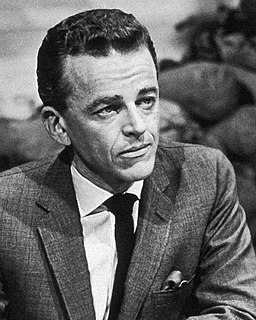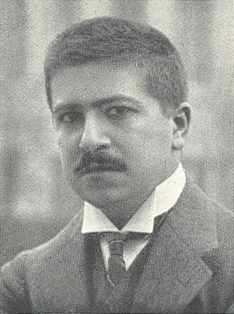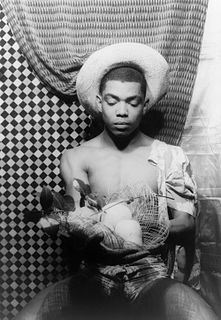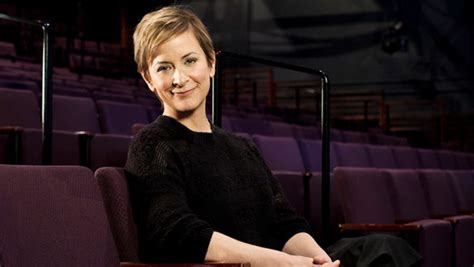A Quote by Alan Jay Lerner
Coughing in the theater is not a respiratory ailment. It is a criticism.
Quote Topics
Related Quotes
When I teach criticism, the first thing I say, and this sometimes pisses off younger - I mean, students, is that, opinions are the least part of criticism. We've all had the experience of going with a friend to a movie or a concert and you leave the theater and one of you loved it and one of you hated it, and that doesn't mean that one of you is an idiot. That's the way things work.
Finally, to the theme of the respiratory chain, it is especially noteworthy that David Kellin's chemically simple view of the respiratory chain appears now to have been right all along-and he deserves great credit for having been so reluctant to become involved when the energy-rich chemical intermediates began to be so fashionable. This reminds me of the aphorism: 'The obscure we see eventually, the completely apparent takes longer'.
I don't have a very high opinion, actually, of the world of criticism - or the practice of criticism. I think I admire art criticism, criticism of painting and sculpture, far more than I do that of say films and books, literary or film criticism. But I don't much like the practice. I think there are an awful lot of bad people in it.
DeFrantz's study...is not the first book about the protean Ailey, who was born in hardscrabble Texas in 1931 and died in 1989 after creating close to 80 works. But it is perhaps the most comprehensive, combining biography, criticism, the analysis of dance criticism, and a sort of corporate history, siting the now firmly established Alvin Ailey American Dance Theater in the international cultural landscape.
That was one of the big problems in the [Black Panther] Party. Criticism and self-criticism were not encouraged, and the little that was given often wasn’t taken seriously. Constructive criticism and self-criticism are extremely important for any revolutionary organization. Without them, people tend to drown in their mistakes, not learn from them.




































